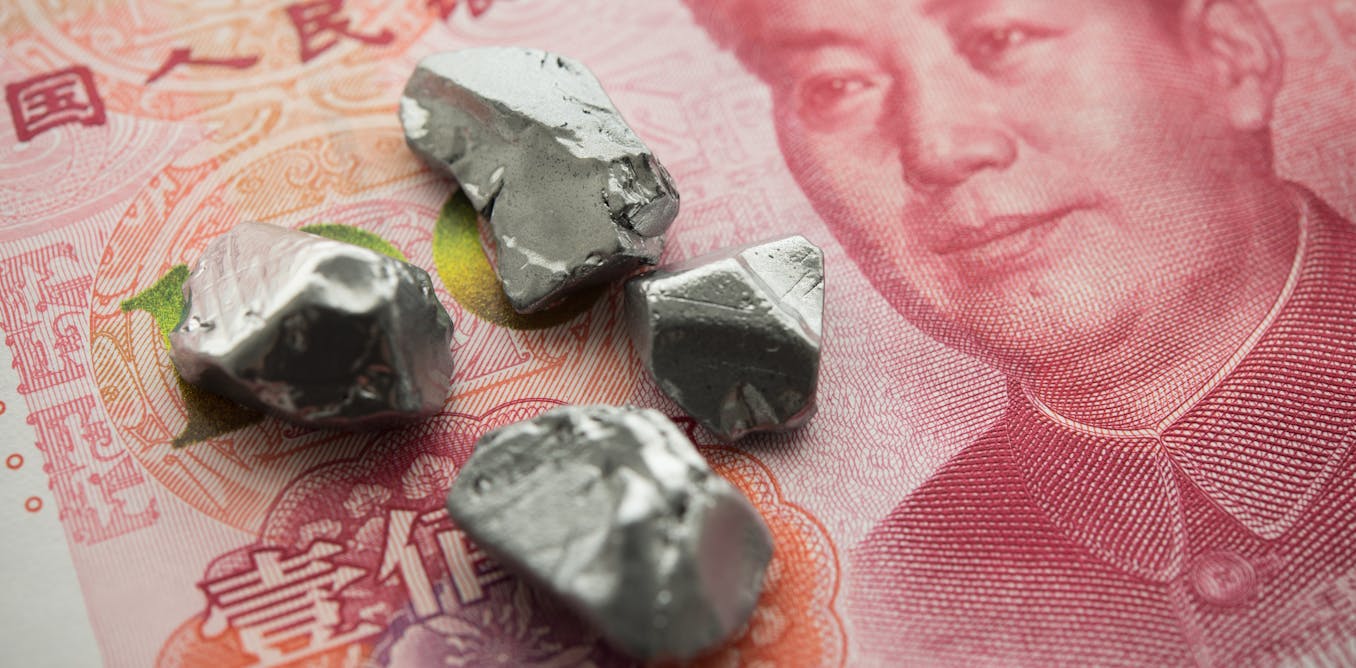The Billionaire’s Dilemma: Bill Gates and the Trillion-Dollar What-If
In the world of technology and finance, few names resonate with as much impact as Bill Gates. The co-founder of Microsoft not only revolutionized the way we use computers but also became one of the wealthiest individuals on the planet. However, a recent analysis reveals a staggering possibility: had Gates held onto his Microsoft stock and not given away any of his vast fortune, he could have been a trillionaire—an achievement that would have had tremendous implications for philanthropy and wealth distribution.
The premise is mind-boggling. If Gates had opted to retain his shares and foregone his philanthropic endeavors, his wealth today would be nearly tenfold what he currently possesses. This raises thought-provoking questions about the nature of wealth, success, and the social responsibilities of billionaires.
Gates has long been a paragon of philanthropy, with the Bill & Melinda Gates Foundation becoming a cornerstone of global health and education initiatives. His decision to give away significant portions of his wealth is commendable, serving as a testament to his belief in using wealth to enact positive social change. Yet, the analysis suggests an alternate reality where his financial influence could have been even more substantial.
Imagine the possibilities had Gates chosen to keep his holdings intact. With nearly a trillion dollars at his disposal, he could have accelerated technological advancements, funded innovative startups, and invested in sustainable practices on an unprecedented scale. The ramifications could have extended far beyond his own ventures, potentially reshaping entire industries and communities.
But this thought experiment also begs a deeper inquiry into the values that define success in today’s society. Is it merely about accumulating wealth, or is the act of giving what truly enriches one’s legacy? Gates’ story highlights this tension—the dichotomy between personal fortune and the collective good.
As we explore Gates’ financial journey and the choices that have brought him to this juncture, it raises essential discussions about wealth, responsibility, and impact. Would Gates’ legacy be more revered had he chosen to hold onto his wealth, or is his commitment to philanthropy what ultimately defines his contribution to society?
This fascinating exploration of wealth, choice, and impact invites us to reflect on our own definitions of success and the legacies we aspire to leave behind. While Gates may not be a trillionaire, his story provides invaluable lessons on the intersection of technology, philanthropy, and human potential. The question remains: What is the true measure of wealth in a world that constantly challenges our values and choices?
Watch the video by Forbes
Video “Bill Gates Could Have Been A Trillionaire If He’d Kept His Microsoft Stock” was uploaded on 05/19/2025 to Dailymotion Channel Forbes



































Leave a Reply